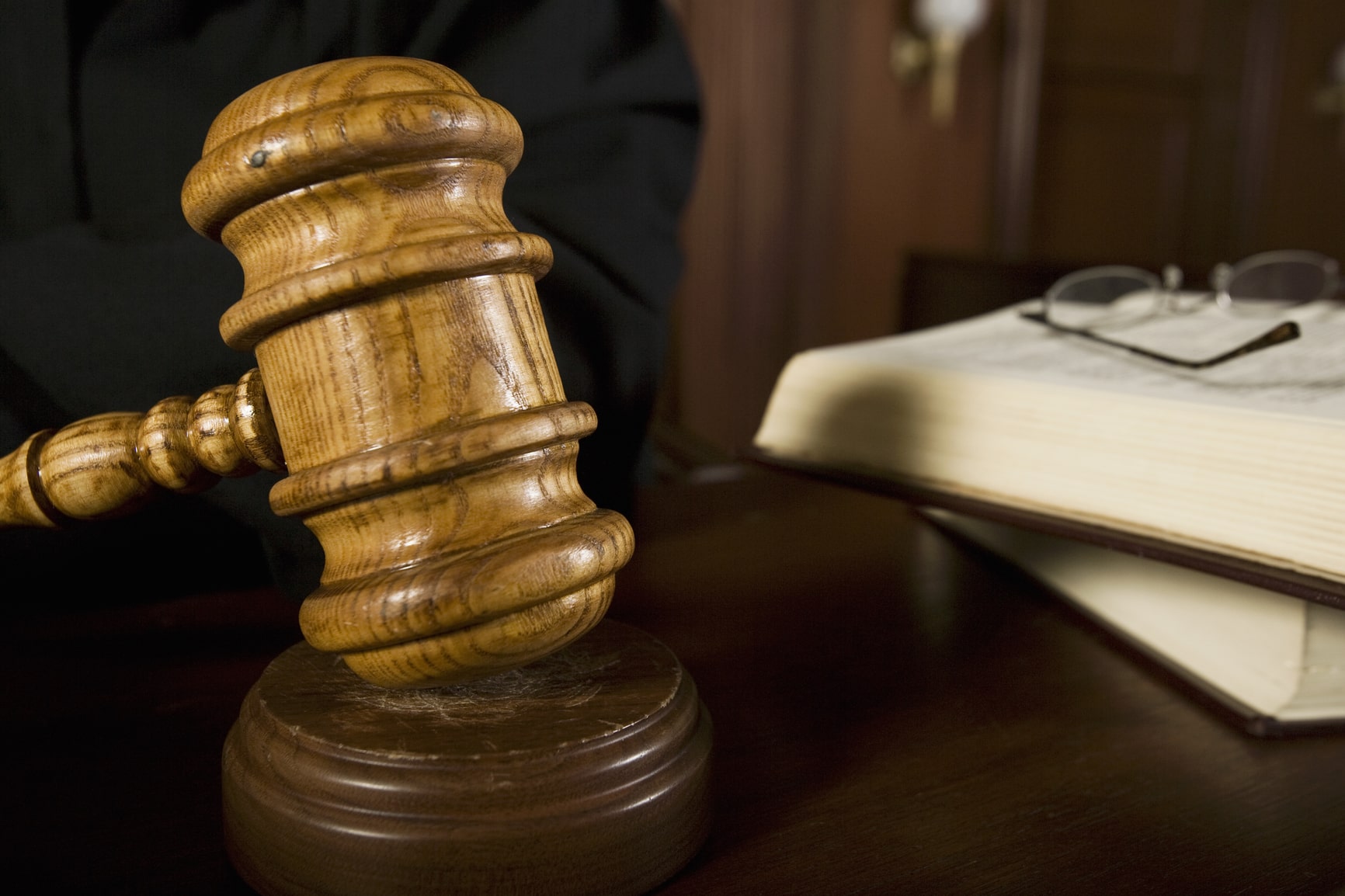Uber, the ride-sharing giant, has revolutionized the way people move around cities worldwide. With its user-friendly app and convenient services, it’s become an integral part of modern urban transportation. However, the convenience of Uber rides does not come without its share of potential risks, as accidents involving Uber vehicles can have far-reaching consequences.
1. Physical Consequences
The most immediate and evident consequences of an Uber accident are the physical injuries sustained by passengers, drivers, and other parties involved. These injuries can range from minor bruises and cuts to severe, life-threatening conditions. Victims may require extensive medical treatment, including surgeries, rehabilitation, and ongoing care, leading to mounting medical bills and lost wages due to time off work.
2. Emotional Impact
Beyond the physical injuries, Uber accidents often result in significant emotional trauma for those involved. Passengers and drivers may experience post-traumatic stress disorder (PTSD), anxiety, depression, and other mental health issues. Witnessing or being part of a traumatic accident can leave lasting scars on individuals, affecting their overall quality of life.
3. Legal Ramifications
Uber accidents introduce complex legal consequences. Determining liability can be challenging, as it depends on various factors, such as driver negligence, road conditions, and other circumstances. Victims may need to engage in protracted legal battles with an Uber accident lawyer to seek compensation for their injuries and damages. Uber’s status as a rideshare service adds another layer of complexity to the legal process, as the company may be held partially responsible.
4. Insurance Challenges
Uber has insurance policies in place to cover accidents during rides, but navigating these policies can be intricate. Coverage may depend on whether the driver had a passenger in the vehicle, was en route to pick up a passenger, or was off-duty. According to Cashio Injury Attorneys, LLC, the driver’s personal insurance might be insufficient to cover the damages, leaving victims in a precarious situation.
5. Financial Consequences
The financial consequences of an Uber accident can be overwhelming. Medical bills, vehicle repairs, and lost wages can quickly accumulate, straining the finances of those involved. Victims may find themselves in a precarious financial position, particularly if they are unable to work due to their injuries.
6. Societal Impact
Uber accidents also have broader societal consequences. They contribute to traffic congestion and may strain emergency services. In some cases, high-profile accidents involving rideshare services have sparked debates about the safety and regulation of these platforms. Governments and municipalities often respond by implementing new regulations or safety measures, which can affect both the industry and its users.
7. Trust and Reputation
Uber’s reputation can be significantly impacted by accidents, especially if they receive extensive media coverage. High-profile accidents can erode trust in the platform’s safety, causing some potential riders to opt for other modes of transportation. To maintain public trust, Uber must continually invest in safety measures and address any concerns promptly.
8. Potential Policy Changes
In response to safety concerns, governments may impose stricter regulations on ride-sharing services like Uber. These policy changes can affect how the company operates, potentially leading to increased costs or limitations on its services. For example, stricter background checks for drivers or mandatory safety inspections for vehicles may become mandatory.
Uber accidents have consequences that extend far beyond the initial collision. They impact individuals physically and emotionally, create legal and financial burdens, and influence societal perceptions and government policies. While Uber has taken steps to enhance safety, including driver background checks and safety features in its app, accidents remain a risk associated with the convenience of ride-sharing services. As both users and regulators grapple with these consequences, the goal remains to strike a balance between the benefits of services like Uber and the need for safety and accountability.

